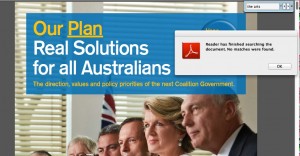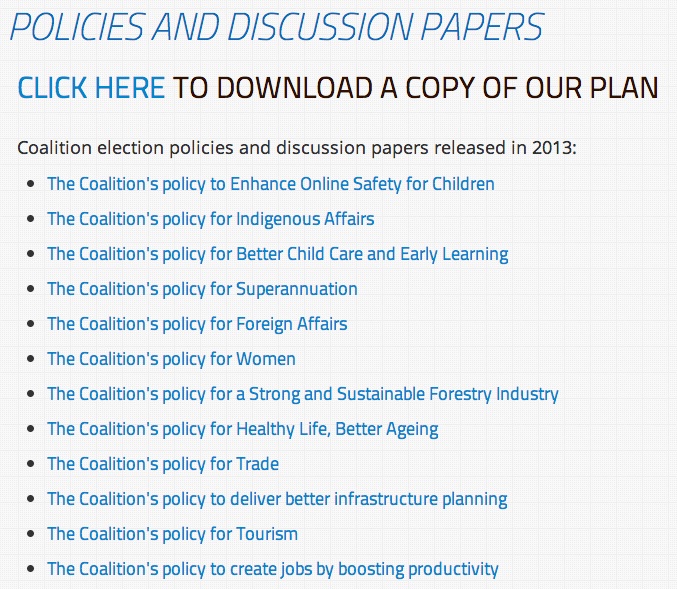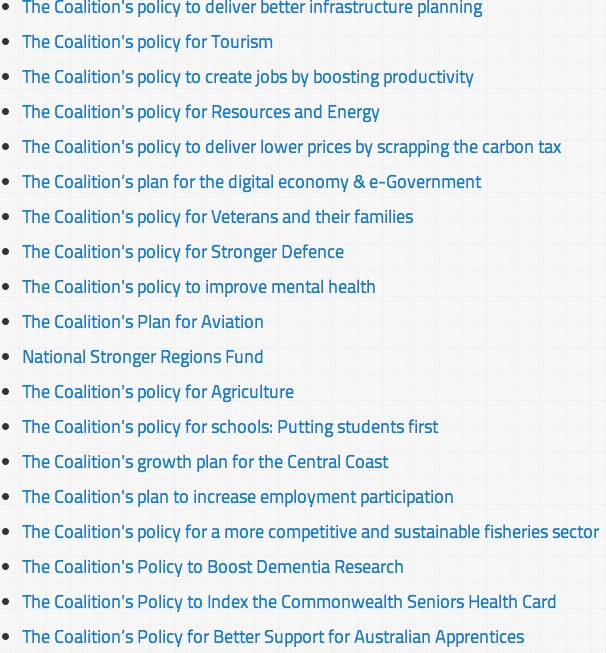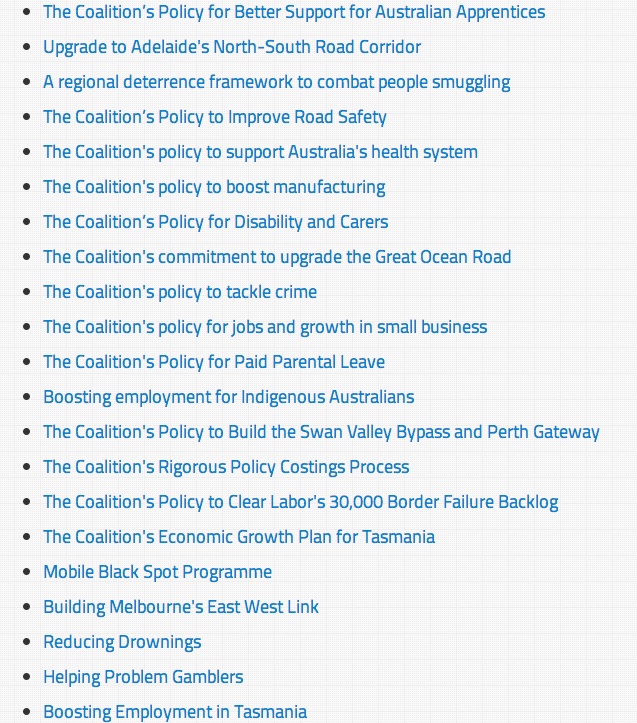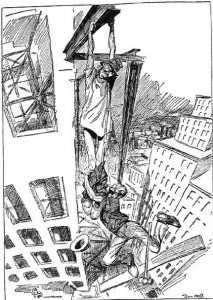Talkin’ bout a revolution
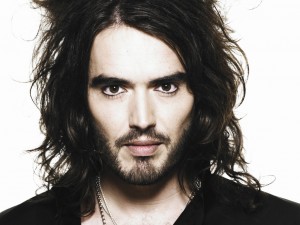
Russell Brand – sometimes comedian, sometimes Christian, always a showman – is calling for a revolution. Russell’s Revolution is not about guns and bombs, it’s not about the people rising up to throw off the shackles of an oppressive government. Russell’s Revolution comes in the form of a willing disengagement from the political process, most clearly displayed in a refusal to vote. (Presumably in a country like Australia, with mandatory voting, he would be willing to settle for donkey voting.) Working in a variety of media, including an editorial in New Statesman magazine and a widely viewed interview with Jeremy Paxton on BBC’s Newsnight, Brand has pitched his message to the young and the disenfranchised. In doing so, he has hit a nerve. There are any number of copies of the video available on the web; the one I linked to has almost 9 million views in a little more than a week. Brand’s polemic has spawned a popular Facebook page, innumerable news and opinion articles, and a new kind of global conversation about politics. We should be so lucky.
As always several days late, Fairfax news has published an “article” about the phenomenon. The article serves as an introduction for those in the wider world – probably not the young and the disenfranchised – who may not have come across this particular strident voice for reform. The kind of people this article is presumably aimed at are the ones who might have little respect for anything which challenges the status quo. The article reads as a quizzical realisation, written on behalf of forty-year olds everywhere, that “People are listening to this guy, and we have no idea why.”
Well, I am forty and I feel, as this is the Independent Media Network, that I can give at least as considered an opinion.
Russell Brand’s basic contention is laid out in the first few paragraphs of his editorial.
Like most people I regard politicians as frauds and liars and the current political system as nothing more than a bureaucratic means for furthering the augmentation and advantages of economic elites… I don’t vote because to me it seems like a tacit act of compliance.
The editorial is well worth reading. It’s amusing and insightful, and it’s attacking the wrong target.
In his Newsnight interview, Jeremy Paxman asked: “You want a revolution to overthrow elected governments, but what sort of government would you replace it with?”
Brand’s answer is illuminating. “I don’t know,” he replied. “But I’ll tell you what it shouldn’t do. It shouldn’t destroy the planet, it shouldn’t create massive political disparity, it shouldn’t ignore the needs of the people.”
The problem is that what Brand is actually complaining about is not democracy. He is, instead, complaining about capitalism, and in this he is not the first.
Like socialism, democracy as a concept is good, it’s effective, it’s egalitarian and it works. It provides all citizens with a voice in how they should be governed. It is inherently equalising; whilst minorities of sexual preference or colour or social class may find their specific desires thwarted by the views of the majority, equally the rich, the powerful and the venal should find themselves constrained. Democracy gives us a chance as a society to force those at the top of the tree to support those at the bottom (force, because it is unlikely that this will happen without enforcement). Democracy is a good system of government. As Churchill once said, “Democracy is the worst form of government, except for all those other forms that have been tried.”
In practice, democracy is poisoned by capitalism.
Like the USSR’s dalliance with communism, like (dare I say it) China’s current dalliance with communism, any system of rule is open to abuse and corruption. The motivations behind corruption may be simple power – people gravitate to the corridors of power for all sorts of reasons, and the lust for control over your fellow man is a common and powerful driver. Or they may be for personal gratification and gain. In western democracies, the lure of profit that can spring from being in a position to influence the laws can turn many an honest politician into a bottom-feeding snouter.
It is an arguable contention, but supportable, that in our modern western democracies, rich interests have too much of a say; that the power of the rich can secure access to soapboxes and propaganda by which the opinions of the elite can influence the opinions of the poor; and that challenging the rich, the big corporations, is done at a politician’s peril.
When Russell Brand talks of our systems of government ‘destroying the planet’, provoking ‘political disparity’ or ‘ignoring the needs of the people’, these are behaviours driven by the interests of the rich and powerful. Against these forces stand integrity and idealism, and these are qualities eminently frangible. It is not fair to say that all parties in our political system are equally complicit in the continued subjugation of the downtrodden; the right and the left have very different approaches to the problem of power. (Where each party falls on the left-right spectrum I leave to the comments.) Both sides of politics, beholden to the votes of the people every three or four years, argue that they have the best interests of the whole at heart. The traditional preserve of the left is to talk about services, supported by the idea of taxing the rich in order to support the poor. The right relies heavily on the idea that when you allow the powerful to benefit, all boats will rise.
“Trickle-down economics” – the idea that improving the lot of the rich will result in an improvement for everyone – is an argument employed by the rich. It has little basis in fact. But it is so often the primary argument the electorate hears that enough will be convinced to give the conservatives another go at the reins.
Regardless of which side of politics you favour, however, all can see that our politics is broken. The argument is about degree. Whether you’re talking about the tendency of the right to remove any constraints that prevent the rich from subduing the serfs, or you’re bemoaning the latest revelations of cronyism within the left, modern politics is driven by the capitalistic system. Corruption, infighting, backstabbing, pandering and political inconsistency – these are driven not by public good, but by pecuniary self-interest. The corruption of politicians will occur as long as capitalism drives people to greater wealth, as long as it encourages people with wealth to even greater excesses, and as long as there’s a buck to be made.
By conflating democracy – a force for great good, rule by the people for the people – with capitalism – the benefit of the few at the expense of the many – Brand spoils the reputation of the one and gives the other a free pass. He is turning people off the one part of our current society that might possibly have a chance of addressing the very disparity he rails against.
In calling for a revolution, Brand has no alternatives to offer. “I don’t know,” he says, when asked what he would replace it with. As history has shown, time and again, overthrowing a system of power without having clear ideas of what should replace it leads to bad outcomes. Ambitious, grasping people will always seek to fill the holes; nature abhors a vacuum. If you replace your democracy, what you get will perforce be a government by the few at the expense of the many. In the current world where capitalism has so much sway, the likelihood of this coming to a good outcome is pretty much nil.
The need for some kind of revolution is evident, but it’s a revolution against capitalism and consumerism, rather than against democracy. Do I have an answer, an idea for a replacement? I do not. Democracy in my opinion is still the best form of government. Does this mean an overthrow of the capitalist system is required? Possibly, possibly not. Capitalism has some benefits that should not easily be dismissed; it is in untrammelled capitalism that we find the problems.
What we ideally want is a democracy that is free of the pernicious influence of capitalism. We live in a world which is not ideal, where power provides benefit to those who hold it, and it is unlikely we’ll see this kind of reform without a significant upset. I don’t know what kind of upset could bring about this change – it’s probably not going to be Russell Brand’s army of the disengaged. One thing I do know, however, is that Russell Brand does not have the answers. Do I have an answer? No. But until I do, I won’t go calling for any revolutions.
Like what we do at The AIMN?
You’ll like it even more knowing that your donation will help us to keep up the good fight.
Chuck in a few bucks and see just how far it goes!
Your contribution to help with the running costs of this site will be gratefully accepted.
You can donate through PayPal or credit card via the button below, or donate via bank transfer: BSB: 062500; A/c no: 10495969










